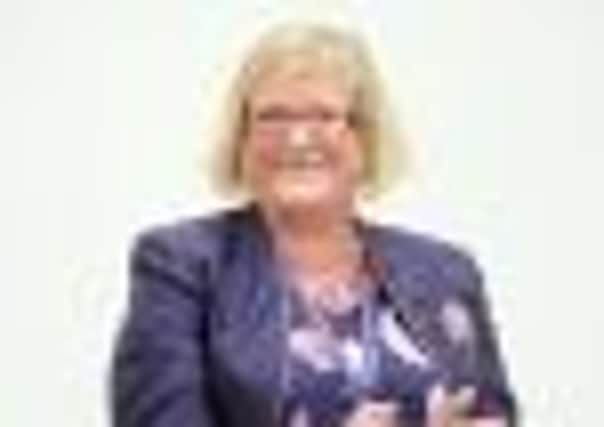Specialist education ‘at risk in drive to cut costs’


Bosses at independent specialist colleges claim future funding changes have resulted in fewer students with special needs being referred to them which has led to job losses and fears that some education providers could close.
Specialist centres affected include those working with students with learning difficulties and colleges which support the profoundly deaf and young people who are blind or partially-sighted.
Advertisement
Hide AdAdvertisement
Hide AdPrincipals at colleges in the region say councils are now more reluctant to put young people on lengthy placements at specialist post-16 providers because these town halls are about to be put in charge of the budget for educating people with learning difficulties between the ages of 16 and 25.
Four of the five independent specialist colleges in the region told the Yorkshire Post they had seen a drop in referrals this academic year. Henshaws College in Harrogate, run by Henshaws Society for Blind People, Doncaster College for the Deaf, The Pennine Camphill Community in Wakefield and Linkage College, which has a Grimsby campus, have all been affected.
Doncaster College for the Deaf’s accountant Bryce Staniland said it had to make job cuts to cope with the drop in student numbers. He said around 50 jobs had been lost through both voluntary and compulsory redundancy across its college and school for the deaf – 20 per cent of its workforce.
Linkage College’s principal Matthew Orford voiced fears that it could be forced to close down a campus in Lincolnshire after seeing its referrals from the area drop from around 30 a year to just one student in 2011/12.
Advertisement
Hide AdAdvertisement
Hide AdThe last Government had decided to devolve all post-16 education funding to local councils but this was reversed by the coalition. However it has decided to let the funding of independent specialist colleges transfer to town halls.
Alison Boulton, the chief executive of NATSPEC (The Association of National Specialist Colleges) said: “Town halls have not been given this funding yet but the problem we have is that councils are already starting to behave like it is their money.
“It has made for some quite negative responses to the needs of young people who traditionally would have had specialist colleges meet their complex needs whatever they are. Councils are judge and jury – responsible for deciding what a young person’s needs are but they are also going to be responsible for the funding. I think this is an obvious conflict of interest.”
Linkage College has 138 residential learners and 20 day learners. Students referred from Lincolnshire dropped from 65 in December 2010 to 34 this year with only one new intake in the current academic year. Last academic year it had 70 students from councils across Yorkshire. This year it has dropped to 51.
Advertisement
Hide AdAdvertisement
Hide AdMr Orford said; “I think local authorities have a belief that they will be receiving a large amount of money to deploy to any budget they felt appropriate, in most cases social care. This has meant that in this academic year councils feel they should begin to save money from a pot they do not yet own.”
Gill Jennison, principal of Henshaws, which educates the partially-sighted or blind with learning difficulties, said councils seemed reluctant to agree to longer placements while Doncaster College for the Deaf said it was getting fewer residential placements referrals from councils outside the region.
Parents’ fears for Down’s girl: Page 4.